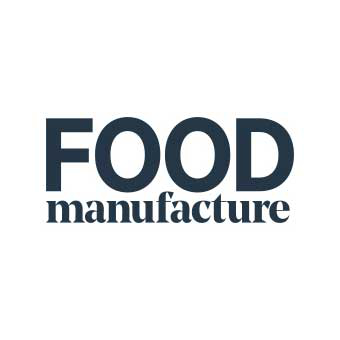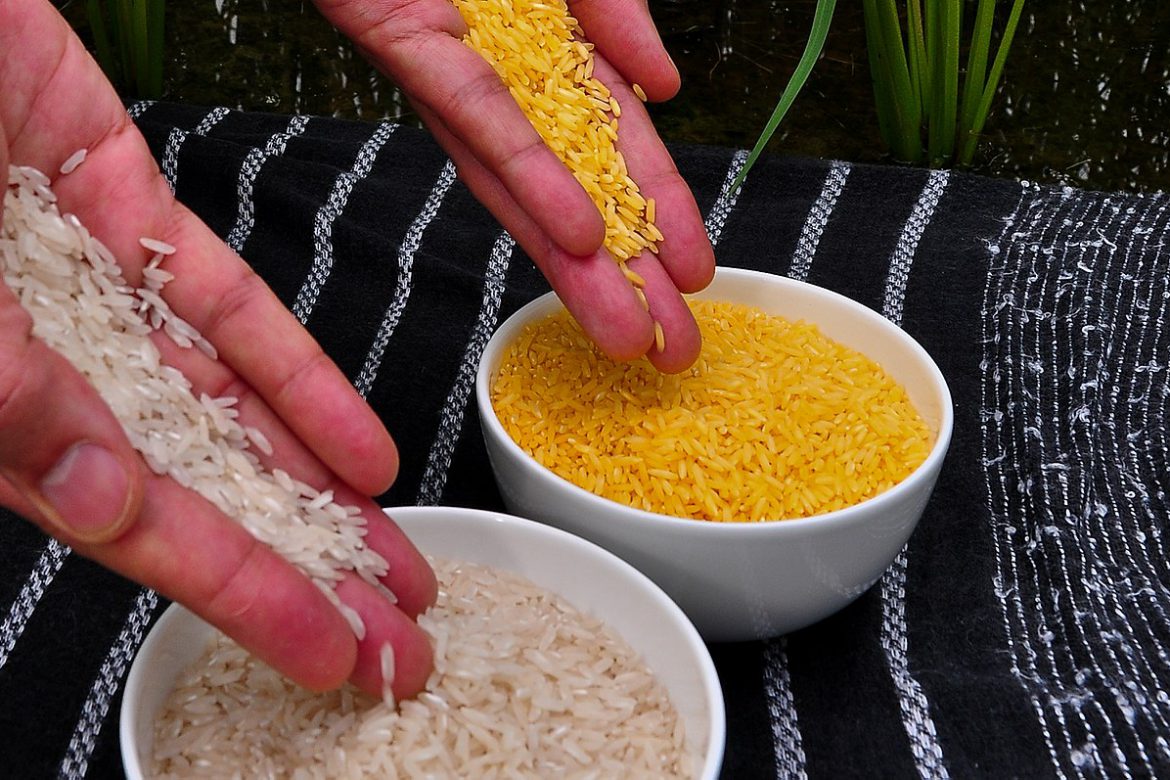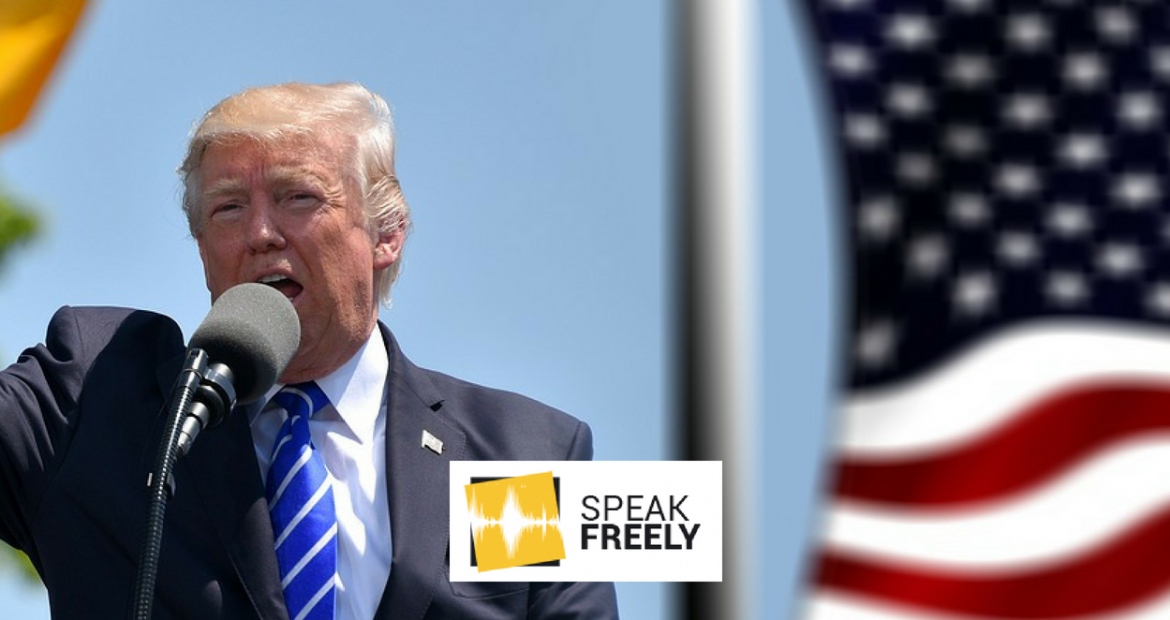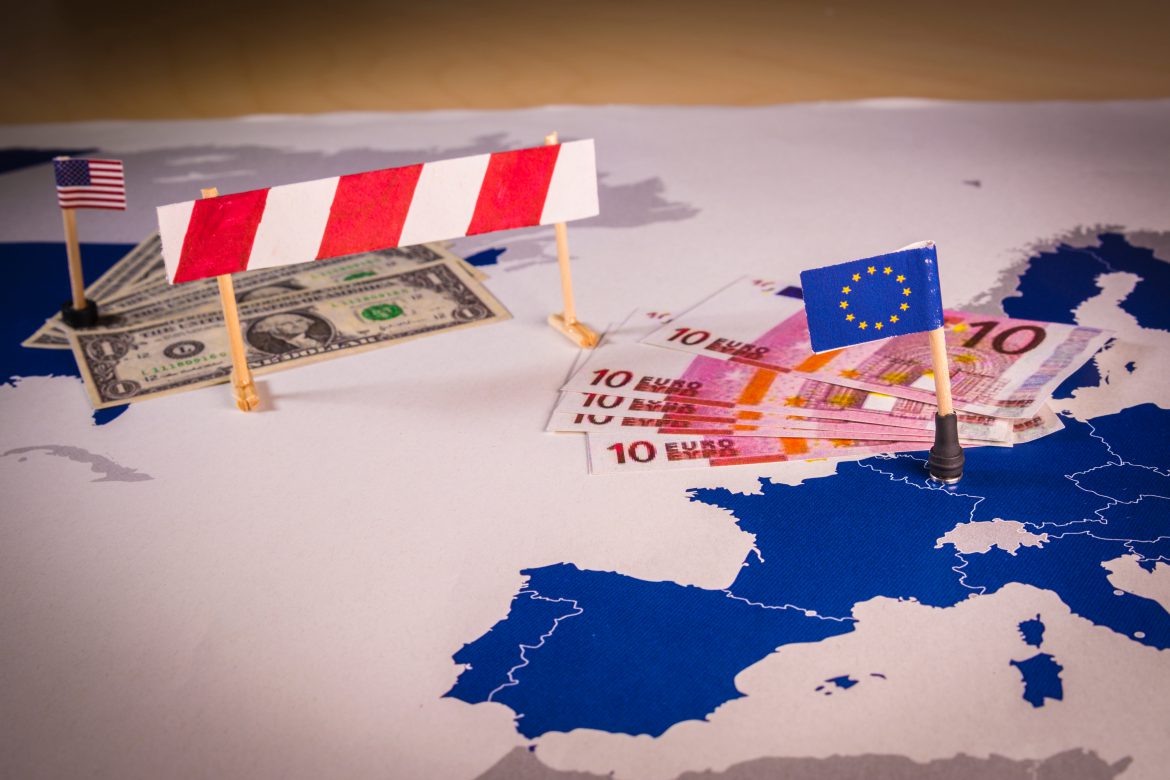Young people choose free trade – and the government should too
As the Brexit no-deal vote and the deadline itself approach, expectations of the UK seizing this opportunity and reclaiming its trading heritage are heating up. What will a post-Brexit UK choose: being a global advocate of free trade or a protectionist ex-EU state?
According to a poll conducted last month, UK voters would prioritise the protection of the farming industry over cheaper food prices. However, the survey results identified that views on tariffs vary with age. And the young choose free trade.
Among those between 18 and 24, 41 per cent favour lower prices while 34 per cent would protect farmers. However, 68 per cent of those surveyed who are in the over 65 category prioritise farmers compared to only 13 per cent who favour lower prices.
In the event of a no-deal Brexit, Britain will employ a tiered approach, under which 87 per cent of import tariffs will be cut to zero. “Sensitive products” such as beef, poultry meat, sheep meat, and pig meat will be subject to higher level tariffs, defined as a proportion of “most favoured nation” (MFN) status. This is supposed to protect British farmers from losing their jobs and ensuring a swift transition. Yet, along with this, it will also present us and them from enjoying lower prices.
Contrary to popular perception, protectionism is bottom up. The proposed tariffs do not necessarily mean that the British government is protectionist. What they do mean, however, is that the British meat industry has been more successful in defending and advancing its interests than British consumers.
Proponents of protectionism stress that free trade is a zero-sum game with winners and losers measured in jobs. But this centres around short-term costs of free trade and consequently fails to see that free trade primarily seeks to create prosperity in the long run. Since young people tend to be more future-oriented than the elderly, it is understandable why anti-protectionist tendencies are rarer among them, as the poll shows.
However, while protectionists tend to overlook the advantages of free trade, free trade supporters like me do not turn a blind eye to its drawbacks. Similar to creative destruction, free trade does leave some people jobless, which in turn escalates anti-trade sentiment all across the world. Every time free marketers ignore this fact, we play to the advantage of protectionists. Instead, we have to face and address it.
Unemployment resulting from free trade is a short-term transitional cost. It is essential to understand that since costs are a vital part of every policy – none of us has a 100 per cent guarantee against them. The key question is what policy is at stake.
Furthermore, very often it is technological progress that destroys the jobs blamed on free trade. The elderly who prioritise farmers’ jobs over lower prices are more focused on the immediate effects of trade, or on the costs.
So, let’s face it. As of 2017, around 1.4 million people were employed across all the sectors that could be affected by the abolition of tariffs on agriculture. Zero tariffs would leave some people jobless, but overall they would simply force the industry to compete.
Compared to Brazil and the US, the UK is struggling with beef finishing. In terms of mutton, Australia and New Zealand will be UK’s main competitors on the global market. It’s not difficult to see why the industry has been determined to avoid dealing with the potential repercussions of unilateral liberalisation. However, it is fair to expect that the application of tariffs is merely a transitional measure. In this case, we should pioneer it.
It’s easy to talk about costs if you’re not the one to bear them. For some reason, however, it’s far more complicated to see the benefits even if you are the one who gets them. If the UK eliminates tariffs on agricultural imports, low-income households would be the first to reap the benefits.
The price of meat would decrease by more than three per cent as a consequence of a higher supply, according to a report issued by UK Trade Policy Observatory at the University of Sussex in October 2017. The report also stated: “households right at the bottom would benefit the most, those in the middle 20 per cent of the distribution would be no better off than those at the top.”
Even though the number of winners from free trade significantly exceeds the number of losers, the latter are drastically more vocal and much better organised. Whether it’s Italy, the US, or the UK, industries that are threatened by free trade shout the loudest – loud enough for the government to hear and give them what they want.
Choosing protectionism over free trade would be a step back. Not long ago, the EU applied the safeguard clause to rice imports from Cambodia and Myanmar under the very same justification used by the proponents of tariffs on meat: to protect farmers. Such protectionist measures limit the number of products available to consumers and result in an increase in prices. The world expects the UK to champion free trade after Brexit, not use the same restrictive tools as the EU.
While unilateral liberalisation on all agricultural imports would have a short-term cost, the wave of prosperity brought about by free trade would lift everyone up. Protectionism goes from the bottom up. The sooner we become aware of this and learn to speak up for the benefits of free trade, the faster protectionism will lose its power.







